Enat Bank declared mixed results in last fiscal year’s performance, with a 26pc rise in its net profits to almost 100 million Br while its shareholders’ return declined to 149 Br, two times lower than the industry average.
The latest to join the banking industry, the six-year-old bank’s profit growth rate is twice lower than the preceding year. Yet, Enat fares better than its peers such as Debub Global Bank, whose net profit remained constant at around 51 million Br.
“It is a dilemma,” said Wondwossen Teshome, president of Enat, explaining the opportunity cost the Bank incurred to elevate its paid-up capital by 35pc to 764 million Br. “Thus, we made our choice: raising the paid-up capital instead of focusing on short-term gains such as shareholders’ returns.”
Despite the bulge in capital, Enat’s capacity of meeting its financial obligations, Capital Adequacy Ratio (CAR), declined by four percentage points to 34pc. However, in comparison to the industry average of 23pc, it is better.
Yet, Meaza Ashenafi, the outgoing board chairperson of Enat, who declared the Bank’s latest performance as a sustained success for four consecutive years, urged shareholders to invest more to boost the paid-up capital.
“Though we are on a good track of growth in raising the paid-up capital, we are still far behind the threshold of two billion Birr,” she said in her message to the shareholders.
“Shareholders should settle outstanding subscribed dues and invest additional money to increase their stake in the Bank,” she added.
But, Abdulmenan Mohammed, a financial expert with 15 years experience in Ethiopia and UK, believes more capital would impact the earnings per share (EPS) of the Bank.
“As Enat’s capital exceeds the requirement, it should use its current resources efficiently,” he said. “For a new bank like Enat, massive increase in capital will result in a slump in shareholders’ returns.”
In the past fiscal year, Enat registered a lower shareholders’ return than its competitors such as Debub Global, which had reported an EPS of 174 Br, 50 Br lower than in 2015/16.
The decline in EPS does not worry some shareholders though.
“I prefer an increase in capital as it will pay off in the long run,” said Tamrat Bekele, one of the 13,000 shareholders of the Bank.
Against such backdrop, Enat has also reported irregular results in income generating activities, a glance at its financial report reveals, although the growth rate of expenses has outstripped that of income.
Its progress in financial intermediation operations and other services is commendable, according to analysts.
Interest on loans, investments in National Bank of Ethiopia (NBE) bonds and time deposits have increased by 63pc to 298.58 million Br and service charges, and commissions have gone up by 48pc to 182.33 million Br.
Additionally, the Bank managed to boost its earnings from foreign exchange dealings by almost two folds to 17 million Br, in spite of the forex crunch that engulfed the nation owing to the stagnant growth in exports and remittance.
The growth in income though had its own drawbacks especially in terms of expenses.
Enat has spent 200.6 million Br in interest on savings, registering an increase of 94pc, while paying 70.8 million Br in salaries and benefits to its 402 employees. And, its provision for doubtful loans and advances has soared by 127pc to 15.71 million Br.
“As Enat is a growing bank, further expansion in expenses is expected in the years ahead,” said Abdulmenan. “The management should keep an eye on them.”
Wondwossen agrees.
“Although it is difficult to manage expenses under the existing regulatory requirements, our primary plan for the coming reporting period will be to control expenditure,” he said.
Source: AddisFortune

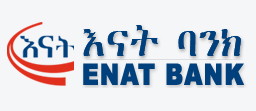
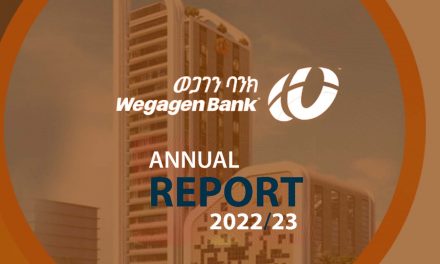
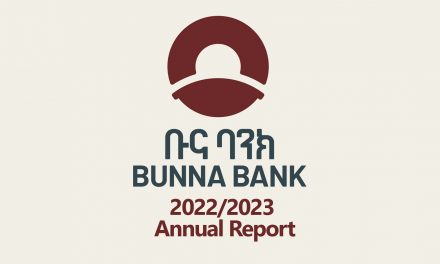
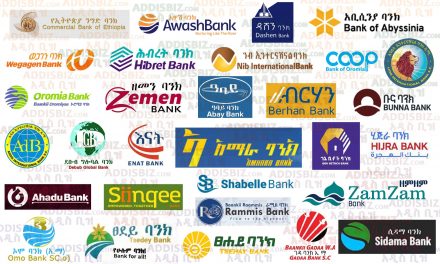
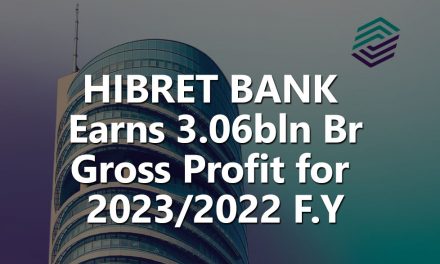

 US Dollar(USD)
US Dollar(USD) Euro(EUR)
Euro(EUR) Pound Sterling(GBP)
Pound Sterling(GBP) UAE Dirham(AED)
UAE Dirham(AED) Saudi Riyal(SAR)
Saudi Riyal(SAR)

